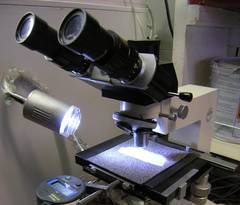Technology and environmental protection
Valuable technology to protect the environment
- Active protection of the environment through the use of natural rapeseed oil instead of mineral oil components in the production of polymer bitumen membranes
- Quality improvement over aging resistance and fire behavior by enhancing the formulations
- Protection and relief for our environment without additional costs for the consumers
Environmentally – considerate – natural
Acting ecologically protects the environment and ensures the future of generations.
Our company has succeeded to replace parts of the previously used mineral oil with rapeseed oil and hence has been pioneering its industry as the competitor that improves its products by using natural renewable raw materials. For the production of waterproofing membranes we currently use rapeseed oil from almost seven million square meters of rapeseed fields a year. Rapeseed cultivation, which is necessary because of its inclining usage, will also relieve the atmosphere by approx. 3.2 billion litres of CO2 (greenhouse gas) a year. Furthermore, the specific characteristics of the rapeseed oil will improve the quality of the waterproofing membranes, which has a particularly beneficial impact on the aging resistance of the product.
Background: The antioxidants contained in the rapeseed oil (Vitamin E) and the gumming that occurs on the surface of the membrane because of the rapeseed oil act like a preservation shield against the effects of weathering.
In particular the roofer, as the applicator of the product, will significantly benefit from the addition of rapeseed oil because the product can be applied more comfortably as the membranes soften less during warmer periods.
Environmental aspects
• For the production of our roofing membranes we use an annual supply from many million square meters of arable land.
• Through the cultivation of rapeseeds, which is necessary because of our high consumption, we relieve the atmosphere by about 3.2 billion litres CO2 ("Green House Gases") a year.
• The rapeseed oil that we use is mostly harvested from local fields. This reduces the transport routes and costs considerably.
• Rapeseed oil is not classified as a hazardous substance. It is therefore not hazardous to water and is quickly biodegradable. The handling during transport, storage and use implies fewer risks for people and the environment.

